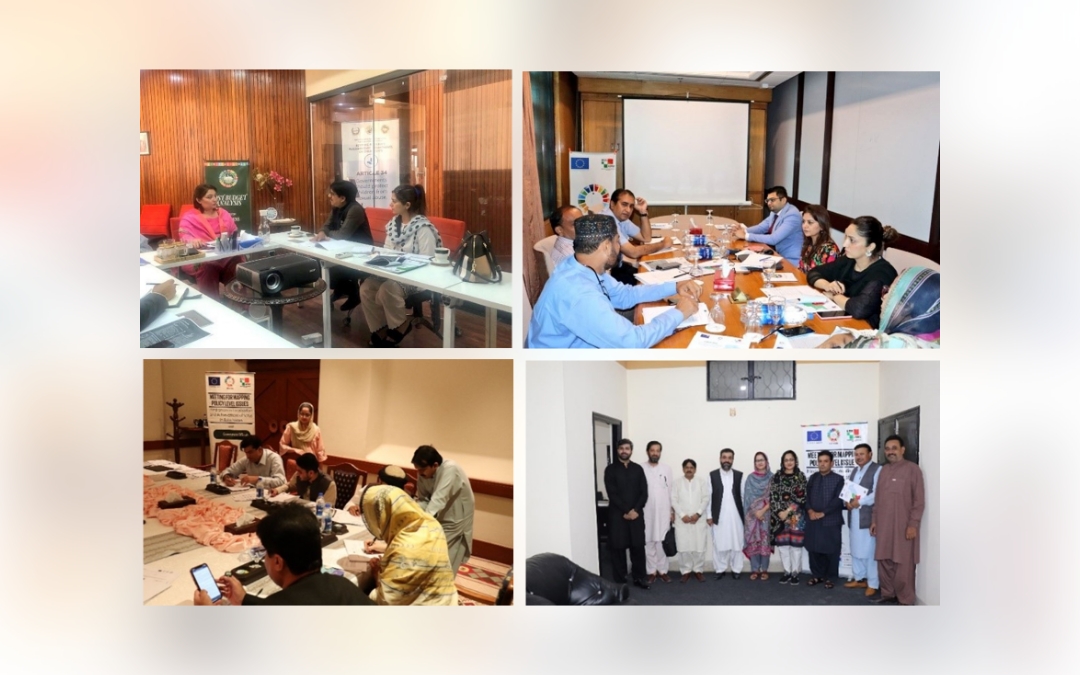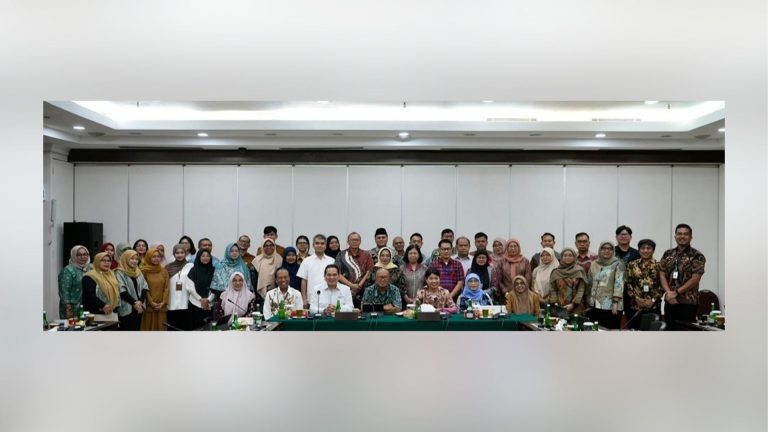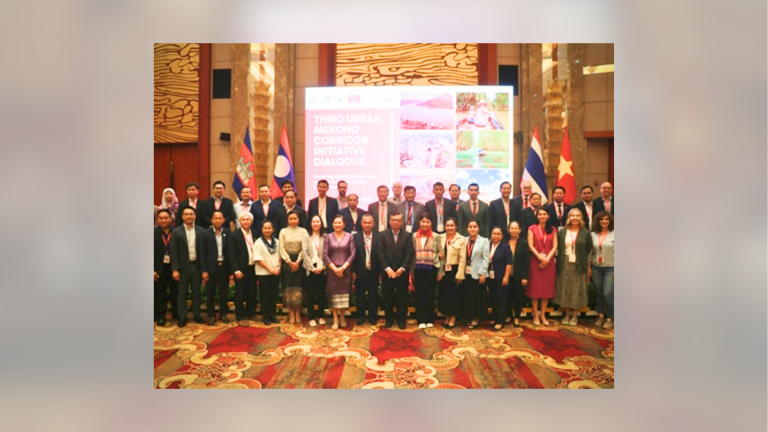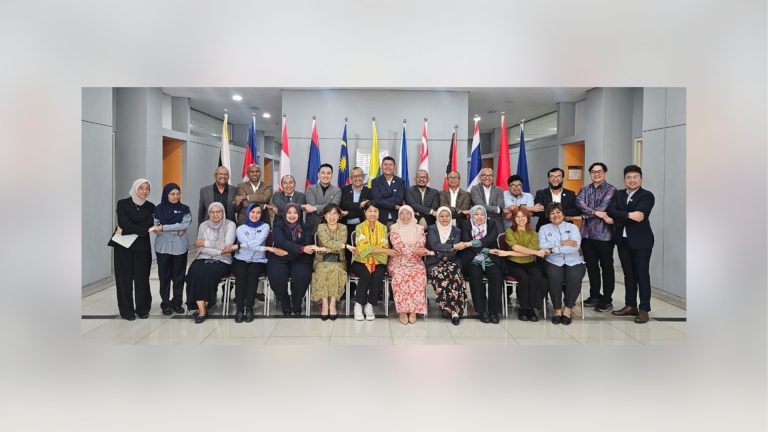September 2022 | UCLG ASPAC programme contributing to the localisation and achievement of the SDGs in Pakistan, targeting the districts of Sindh and Balochistan funded by the European Union (EU), LEAD for SDGs, pushed forward the efforts from advocacy and lobbying with national level influencers to district-level leaders and practitioners for mainstreaming and localisation of SDGs.
SDGs Secretariat Pakistan- LEAD4SDGs: Action Prioritisation for Future Synergies
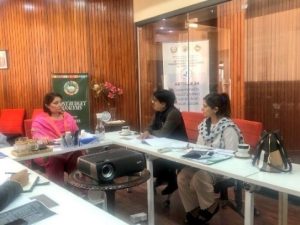 September 8, 2022, | LEAD4SDGs team had a bilateral meeting with Member of National Assembly Ms. Romina Khurshid Alam, Convener, National Parliamentary Taskforce (NPTF) on SDGs and Minister of State and Special Assistant to the Prime Minister.
September 8, 2022, | LEAD4SDGs team had a bilateral meeting with Member of National Assembly Ms. Romina Khurshid Alam, Convener, National Parliamentary Taskforce (NPTF) on SDGs and Minister of State and Special Assistant to the Prime Minister.
The meeting agenda revolved around the prioritisation of actions at the national level and how the National Parliamentary Taskforce (NPTF) on SDGs could contribute to the strengthening of Provincial Taskforces on SDGs. As LEAD’s Project is a signatory of the MOU with NPTF, the support and contribution of LEAD’s project to the national and provincial taskforces on SDGs were also discussed in the meeting.
The synergies discussed were based on the Rapid Assessment of the capacity of the national and provincial Parliamentary taskforces on SDGs followed by a two-day workshop with members of National and Provincial Parliamentarians Taskforces on SDGs for the findings endorsement and get more insight for strengthening the Parliamentary Taskforces. The workshop led to the formation of action plans for the National and Parliamentary taskforces on SDGs.
During the Meeting, a discussion was held on prioritised actions including a Resolution or Joint Communique at the next Speakers Conference for acknowledgement of the Parliamentary Taskforces, a dedicated day can be allocated for debate and discussion on SDGs from parliamentary perspectives where Conveners of Respective Taskforces will be invited for debate and Progress briefs on prioritised SDGs, the post-legislative scrutiny of laws and policies relevant to local government and tracking of their implementation progress for an effective and strengthen local government to contribute to the implementation of SDGs in Pakistan.
Mapping Policy Gaps Delaying SDGs Localisation in Balochistan
September 16, 2022 (Quetta) | The meeting was arranged for Mapping Policy Issues hindering localisation and achievement of SDGs in Balochistan with the Provincial Alliance of Balochistan, Quetta District Alliance and Government Officials of line departments from various districts of Balochistan. The findings will help to produce research-based policy briefs to support future advocacy and lobbying efforts in Balochistan
The highlighted targeted issues were from the health and education sector under SDGs 3 and 4. The issues involved improper funds allocation at the lower level. It was stated that the health and education sector is filled with the menace of corruption, irresponsible staff and the development of schools and hospitals without assessing the demographics. It was established that deputed employees are not working in allocated areas, but instead prefer to work in suitable major cities rather than working in an assigned remote location.
While giving the recommendations against the issues and existing policies, it was decided to sensitise influencers for the formation of District Level Committees for capacity building of native teachers for remote areas, meritocracy and accountability, saying no to political pressure and ad-hoc hiring of government officials on contract under a tight evaluation mechanism.
Mapping Policy Gaps Delaying SDGs Localisation in Sindh
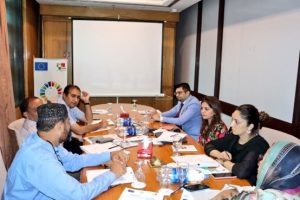 September 16, 2022 (Karachi) | LEAD for SDGs Team had a meeting with officials from various departments of the Government of Sindh including the Local Government Department, the Planning and Development Department, the Education Department, the Finance department and the health department. The meeting was formed to address existing policy issues delaying SDGs localisation and implementation at the district level.
September 16, 2022 (Karachi) | LEAD for SDGs Team had a meeting with officials from various departments of the Government of Sindh including the Local Government Department, the Planning and Development Department, the Education Department, the Finance department and the health department. The meeting was formed to address existing policy issues delaying SDGs localisation and implementation at the district level.
The majority of policy gaps identified at the district level in the province of Sindh were in the areas of poverty, health, and education under SDGs 1, 3, and 4. The participants pointed out issues regarding the absence of accountability and awareness of basic human rights. Corruption, less coordination among line departments, unfamiliarity with SDGs, ineffective policymaking and absence of local governments.
The given recommendations to address policy gaps include monthly meetings arranged on Deputy Commissioner’s call to discuss problems, opportunities and avenues for cooperation. A central-data repository of all the district-level government departments should be maintained and a proper inspection system for every department should be introduced.








